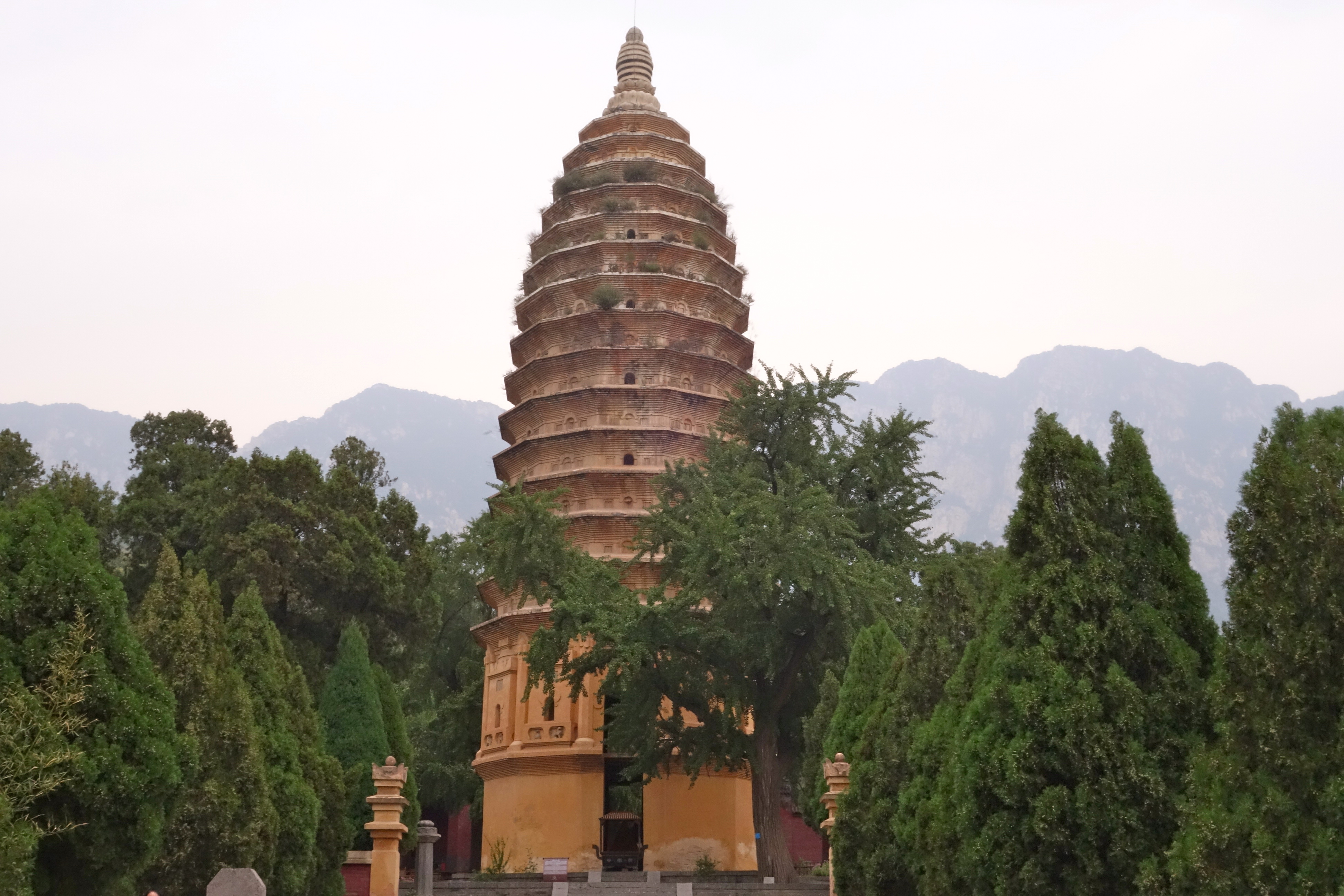
Editor's Note: This audio is an excerpt from an interview with Martin Palmer, founder of the Alliance of Religions and Conservation (ARC).
If you aren't familiar with the Shangshu—the ancient book of Chinese history, and one of the five Confucianist classics—consider this: Most Chinese have heard of the Shangshu, a few have read it, but only a handful can decipher its meaning. Martin Palmer, a born-and-raised Brit, has translated it all.
Palmer is head of the Alliance of Religions and Conservation (ARC), an organization he started with Prince Philip. Together with United Nations Development Programme (UNDP), ARC has assisted major faiths in implementing long-term environmental programs.
In an interview with Pulitzer Center Executive Director Jon Sawyer, Palmer charted the inter-connectivity between environmentalism and religion in China.
Religion Takes a Stance on Environment
When it comes to environmental issues, the classic Chinese religions are stepping up. Palmer notes that for almost two decades, the Daoists have been preaching that healing requires a rebalancing of yin and yang within one's own body, but not at the risk of disturbing nature's balance.
"You can't heal yourself and damage the planet, because healing yourself should be in order to put yourself back in balance with the planet," he explained.
The Daoists discovered that traditional Chinese medicine never used animal parts and that such exploitation began far later in medical evolution than many had assumed. Now the Daoists have begun to cultivate their own nurseries of organic medicinal herbs and have formed partnerships with leading traditional Chinese medicine companies in the country.
The Daoists also maintain their environmental protection stance when it comes to individual practices. Palmer referred to the "10,000 sticks of incense that they've got to burn in order to bribe the gods to make sure they get a better car, or a better job, or that they get their children through to the best universities." He said they "were getting overwhelmed by the smoke—and were really offended by the gross consumerism of this."
So the Daoists teamed up with the Buddhists and began the "Three Sticks Movement." When people enter temples, they are urged (or, in the case of the Ling Yin temple in Hangzhou, required) to limit their incense to three sticks: "one for heaven, one for earth, one for you." The movement has little impact on macro-level air pollution, but the revolution is intended to be a cultural one, Palmer says.
"What's fundamental about that movement is that it's saying 'simplicity.' It is saying that extravagance, that excess, has no place in a more compassionate, more spiritual world."
It seems that as religious institutions in China take responsibility for the environment, they reconnect corporate and individual values with their spiritual beginnings, and in turn, change behaviors.
"How on earth do you stop this juggernaut, thundering forward of industrialization, of pollution, of commercialization of consumerism? You look for the alternatives, and you begin to promote those alternatives. The alternative, in every culture, is a simpler lifestyle inspired by deeper values."
Governmental Perspectives on Religion and Society
What does the government have to say about this? Mixed reviews.
First of all, religion's newfound eco-confidence hasn't become particularly political on a national level (yet).
But on the local level, Palmer hears vocalization. Religious leaders in towns and cities are beginning to mediate with local officials, and even participate in demonstrations.
"What I've seen is that religious institutions are increasingly willing to say what they think rather than what they think they ought to say."
Palmer anticipates that the tension between religion and government will rise, and not just in the environmental realm. Perhaps one of the most intriguing elements of Palmer's interview was his discussion of the dichotomy between the government's use of and fear of religion.
Dynasties have always demanded to be "the inspirational source for power and meaning in the empire," so religion is generally suppressed, Palmer argues. When a dynasty begins to sense that citizens no longer believe in its right to rule, it will reach out and use religion to "give it some moral, ethical, spiritual, cultural ethos, which then bolsters them up."
But religion also consistently plays a role in the downfall of dynasties.
"The religions will rise up and they will be the ones to say: 'You've lost the mandate of heaven. You no longer have the right to rule because you're corrupt, or because earth itself is manifesting through earthquakes and floods, (because) the world is out of kilter,'" Palmer said.
And, while religious revolts have never brought down a dynasty, they've fatally weakened each dynasty. Palmer predicts that the Chinese Communist Party may very well be one of the shorter-lived dynasties in history.
"This relationship between religion and politics will come to a burning point within the next 20-30 years. In Xinjiang and Tibet you could argue it already has."
On the Same Team
Despite the tension between Chinese government and religious groups, people in both camps agree that changes must be made. The government espouses the words of Karl Marx, that "religion is the heart of the heartless world."
The Chinese Communist Party will turn to religion to recover from a policy alien to all other dynastical eras: the single-child policy. Some government officials have said the single-child policy has created the single most selfish generation in Chinese history. With families focused entirely on the wants and needs of their beloved child, selfishness has become "central to the ethos" of the youngest generation.
According to Palmer, officials say they want religion to "bring a sense of compassion back, to bring a sense of belonging to something bigger than just 'me' back into our communities. It is putting a heart into a heartless world."





